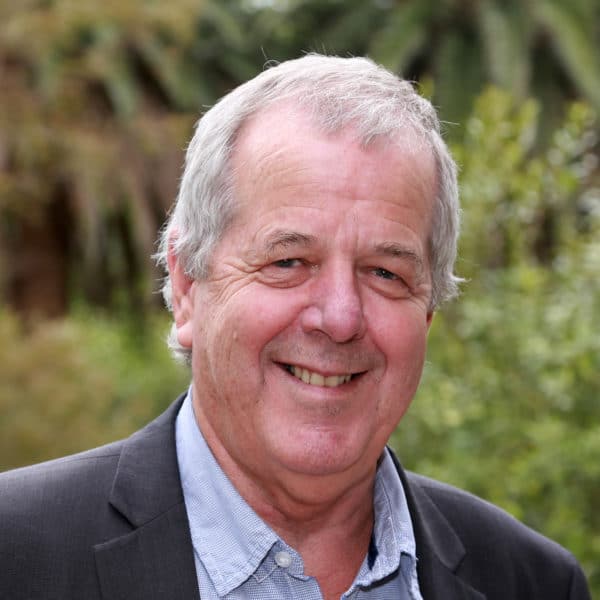The inclusion of a clause protecting the deprivation of property in South Africa’s Constitution was controversial. The meaning of property, its reach and application remains contested. I hope to use the opportunity given to me by this fellowship at Stias to reflect on and gain a deeper understanding of the historical, cultural, economic and political context that shapes our debate around the importance of property to the success of our constitutional experiment. During my stay I hope to engage with scholars in these disciplines. From my perspective the purpose is practical and not primarily academically orientated, but I nevertheless hope to be able to share my tentative thoughts with others at the one obligatory Thursday public discussion during my stay, as well as in private collegial discussions.
The task of finding some common conception of property and why it should be protected in our constitutional democracy is a daunting one. It nevertheless lies at the heart of the question whether our democracy is to succeed and thrive. The emergence of private property as essential to capitalistic economic development arrived late in South Africa, and then only primarily for the privileged white minority of colonial settlers. Whatever the chances were of the majority indigenous people adopting that individualised notion of property was complicated by traditional notions of communal property and then effectively obliterated by a racial and economic system that restricted the holding of private property in the hands of the white minority. Coupled to this was the ideological battle between capitalist and socialist notions of economic development. Although the collapse of communism might have seemed to bring an end to that debate, the international financial crises in the first decade of this century, the emergence of China as a global economic power and the apparent historical antipathy to capitalism in the liberation movements means that the idea of private property as necessary for economic development, and its protection as essential to constitutional democracy, is still fiercely contested.
It is to understand and attempt to find some way out of this conundrum that my stay at Stias will be dedicated to.

